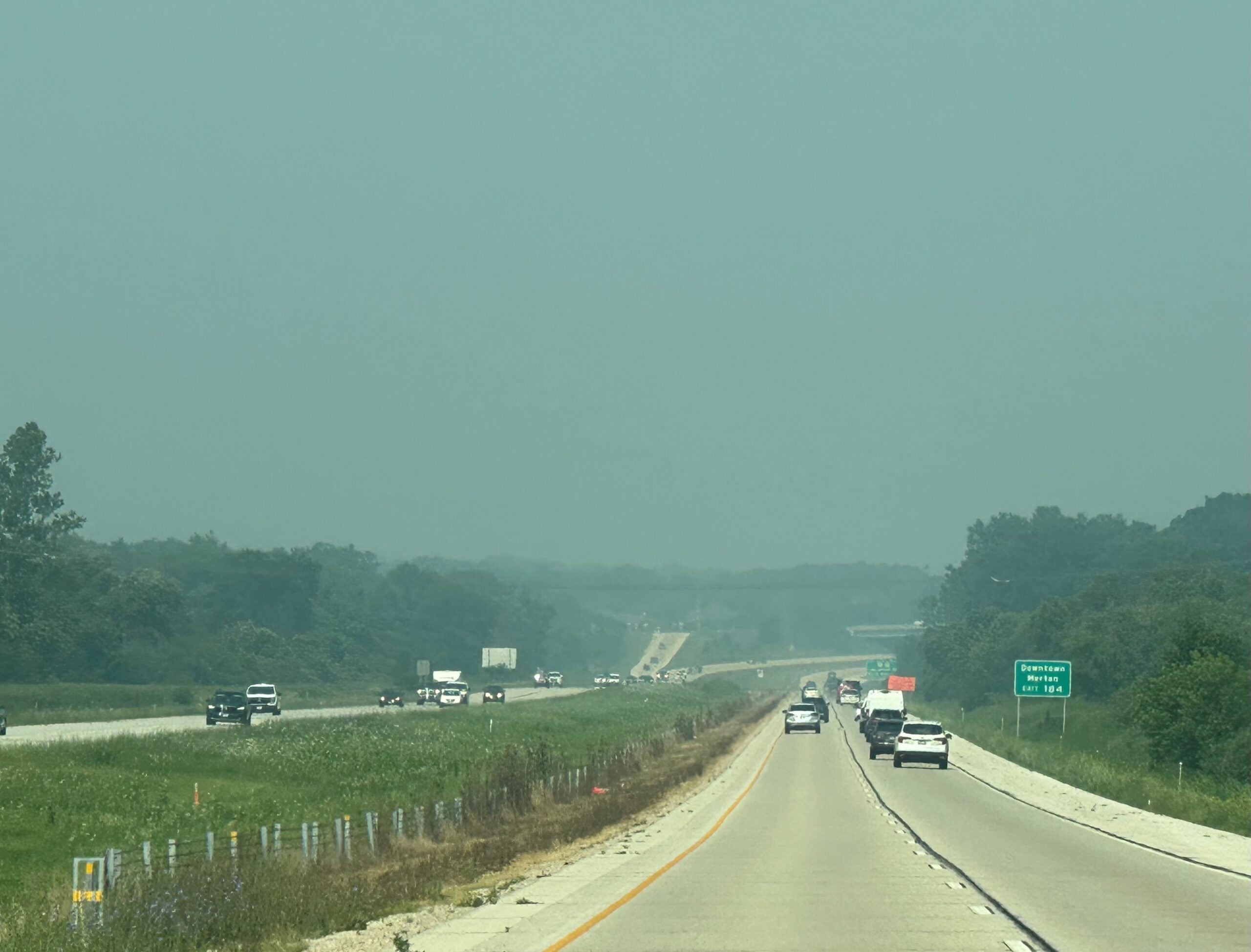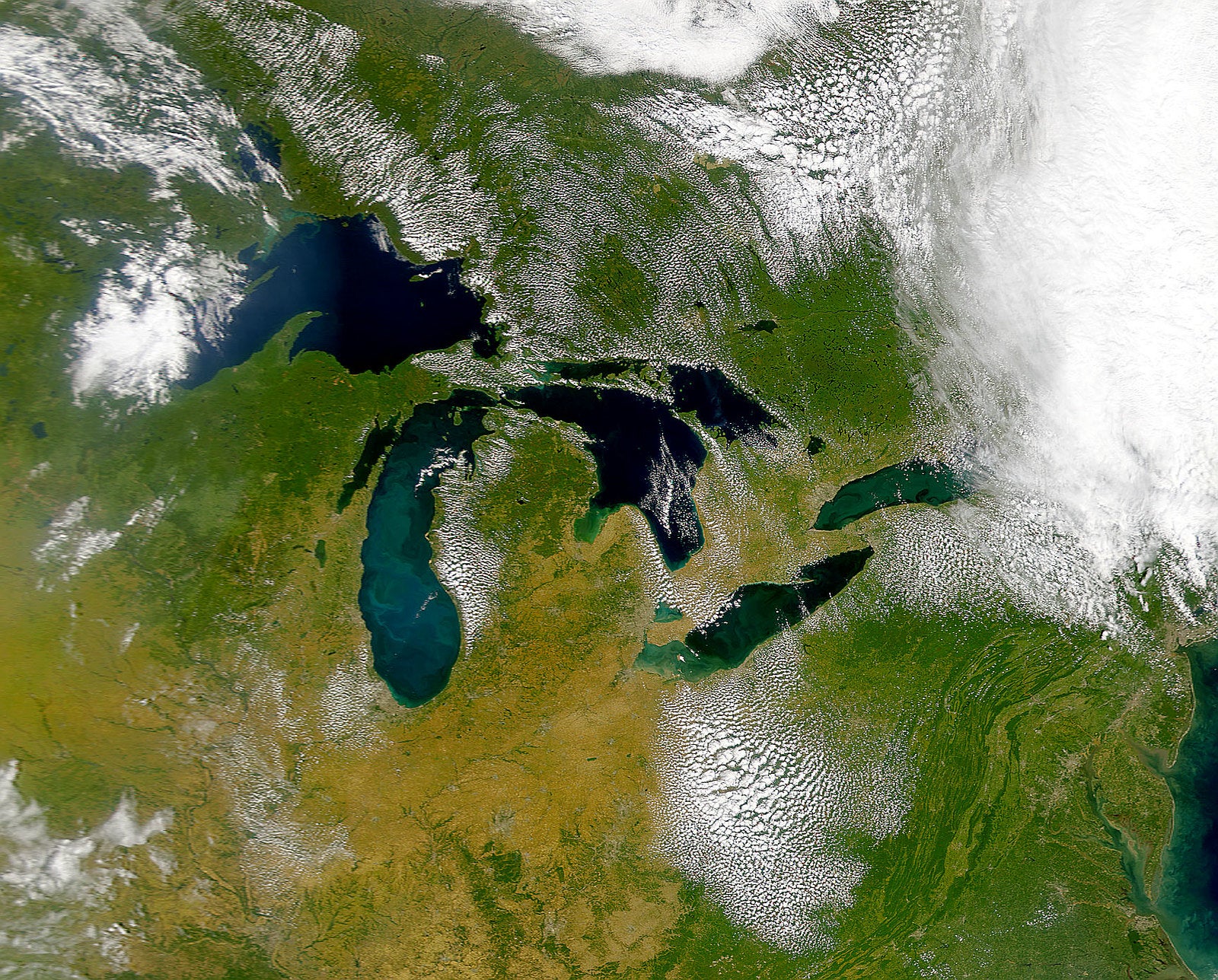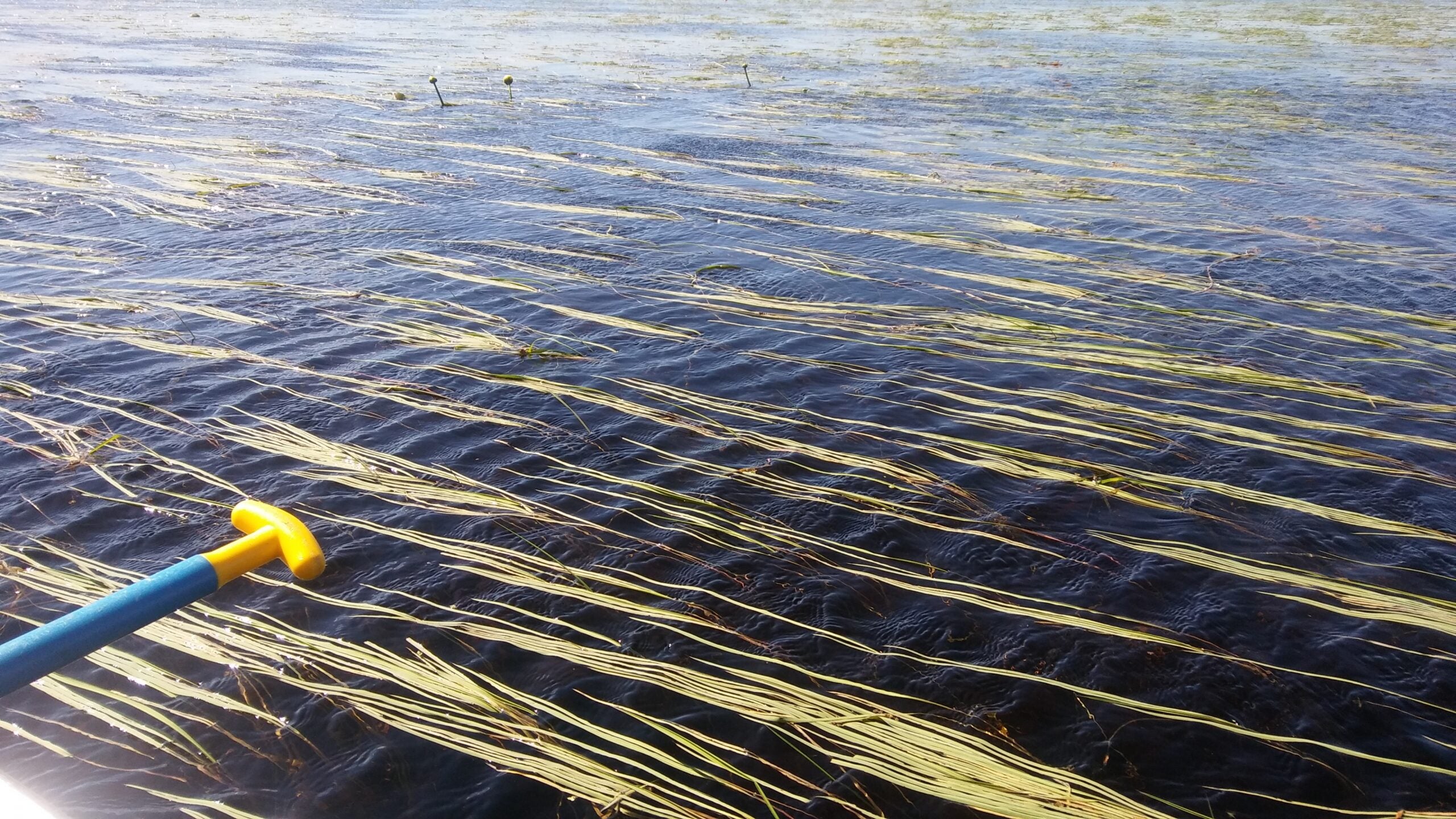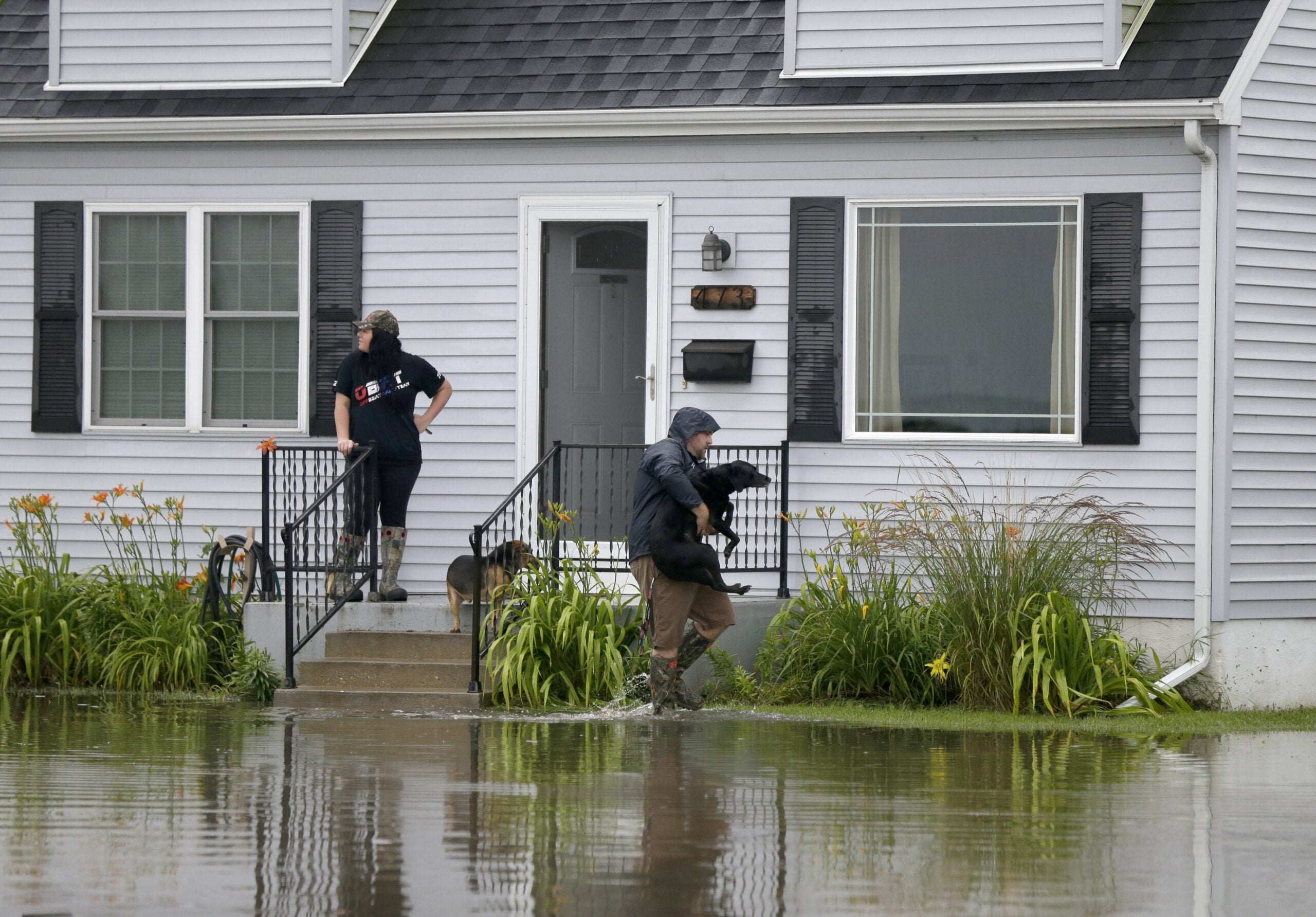A statewide coalition of business groups came out in support of the Foxconn incentive package today. We find out why they think it’s a worthwhile investment for Wisconsin. Young people today may be the first generation to spend their lives dealing with the threatening effects of climate change. We hear how millennials are approaching and combating the problem of a changing environment. We also talk with a scientist about new research on the the effect of air pollution on birds.
Featured in this Show
-
State Business Groups Back Bringing Foxconn To Wisconsin
A coalition of business leaders from across Wisconsin are coming together to get lawmakers and the public to back building a manufacturing plant fot the Taiwanese tech company, Foxconn, in southeast Wisconsin. A business leader tells us why he believes the company’s presence could help Wisconsin amid skepticism of its economic impact and concerns about the environmental repercussions the company could have.
-
UW Study Examines How Air Pollution Affects Birds
We talk to a scientist about a UW-Madison study that looks at the effects of air pollution on birds.
-
The effects of air pollution on human health have been well documented. We also have research on how air pollution affects plants and wildlife.
What’s not as well known? How this same pollution affects birds.
“Even though we hear about the canary in the coal mine, when you start looking into it, we actually don’t really know about how birds are affected by air pollution,” said Tracey Halloway, a professor at University of Wisconsin–Madison’s Nelson Institute for Environmental Studies.
While many avian studies have focused on habitat changes, food availability and climate change, there hasn’t been as much done on how air pollution affects bird species, said Halloway. And because of their anatomy, birds may actually be more susceptible to pollution than other animals.
“Birds are the most efficient respirators, they breathe more efficiently than any other vertebrate species,” Halloway said. “The potential impact of chemicals in the air on birds, we would expect to be pretty big.”
To learn more, Halloway, along with a graduate student, recently completed a topical review that combed through nearly 70 years of scientific literature. Their findings were published earlier this month in the scientific journal Environmental Research Letters.
“As we started to look at what we already know, we were pretty surprised at how thin the literature was on this topic,” Halloway said. “Once we looked at the data that was out there, you do see that there are clear impacts of chemicals in the air on birds. You just have to stitch together a lot of studies from a lot of different places.”
The challenge, Halloway said, is figuring out the big picture from this handful of individual studies, all of which had very different conditions. But once she pieced together those studies, a correlation began to emerge.
“What we find is that birds suffer respiratory distress, behavioral changes, reproductive outcomes,” Halloway said. “Almost every adverse effect you can imagine a bird having, you see when they’re exposed to higher levels of pollution, and you see it across these different types of studies in a consistent way.”
Halloway said birds are likely susceptible to many of the same pollutants that humans are, such as ozone, carbon monoxide, sulfur dioxide and heavy metals. But the effects of these individual pollutants are a lot harder to measure in bird species.
“More people go check into the emergency room on days when there’s high air pollution, more people die on days when there’s high levels of particulates, but birds don’t check into the hospital when they’re sick,” Holloway said. “So figuring out how do you really assess how certain chemicals are affecting certain birds was really the challenge.”
Halloway hopes this study will inspire researchers to jump on this topic in the future, especially researchers on this continent.
“We only found two studies in North America,” she said. “A lot of the work is going on in other parts of the world.”
She also hopes birdwatchers and citizen scientists can be a part of future research.
“There’s a lot of data out there about what’s in the air, and there’s also a lot of people who are tracking bird sightings,” she said. “So this is a problem where we could really move forward if folks were to come together and tackle it.”
-
What Young People Are Doing To Fight Climate Change
As discussions continue among current leaders about what to do – or not do – about climate change, millennials face an interesting situation. They could be the first to experience the threatening effects of climate change and they’re also the last generation that could do something about it, according to our guest author. Join us as he shares stories of young people who are stepping away from the current political and economic system to find ways to combat climate change and details the challenges posed by the shift in generational values about how we respond to environmental changes.
-
What Millennials Are Doing To Combat Climate Change
In 2015, a paper published by the researcher James Hansen, the so-called father of climate change awareness, offered a stark (and for some, controversial) warning: without a sharp reduction in greenhouse gas emissions, global sea levels would be likely to increase “several meters over a timescale of 50 to 150 years.”
That study — and the idea that coastal cities could be flooded by 2065 — led to a lot of thinking for author Geoff Dembicki and ultimately led to him write the book, “Are We Screwed?: How a New Generation is Fighting to Survive.”
“You would have mass migrations of people that would make the Syrian refugee crisis look quaint and you could potentially have the collapse of civilization,” Dembicki said. “I know that that sounds fairly extreme language, but for someone like myself … that’s a scenario I have to take seriously because it could occur in my lifetime, when I’m in my mid-80s or so”
“You know, obviously, people of older generations will be experiencing impacts from climate change, but some of those really scary, apocalyptic scenarios are more likely to occur in the lifetime of millennials or anyone younger.”
Millennials are more likely than other generations to believe humans are responsible for climate change, according to past research from the Pew Research Center.
In the book, Dembicki shared stories of young people getting involved in the fight against climate change. One involved a former Harvard University student Chloe Maxmin and a fossil fuel divestment campaign, which Dembicki called an interesting example of the kind of systemic change that can be achieved by a small group of people working together.
In 2012, Maxmin and some fellow students created the campaign urging the university to sell off its investments in oil, coal and gas companies. Dembicki said it started small — just a few dozen students — and there were similar efforts at other colleges.
Within a few years, those efforts spread to hundreds of colleges and universities around the world. By last December, Dembicki said, these efforts influenced $5 trillion worth of financial assets worldwide.
“Obviously, that’s a huge impact created in just a few short years and it just shows the power of actually going out and putting your concern about the environment or any other political issue into action and pushing for change,” Dembicki said.
Another millennial whose story Dembicki shared is that of Elle-Máijá Tailfeathers, an indigenous filmmaker. While protesting drilling on the Blood Reserve in Alberta, she was arrested and put in jail overnight, Dembicki said. Tailfeathers reflected on her experiences and made films about them to unpack what she went through.
“This is another example of someone who is looking at climate change from a very unique perspective, and is feeling the urgency of it and is dealing with it in a creative way,” Dembicki said. “I think that’s very typical of what you see among millennials. You often think, you know, to deal with climate change, we have to change our light bulbs or ride our bicycles more or do whatever at the individual level, but so many of the people I met while researching this book were taking new and novel approaches to the issue and were creating a lot of interested and political and economic change in the process.”
As for how to get active in the fight against climate change, Dembicki said the most effective solution is also the simplest: vote.
“When people actually go out and vote for people, for politicians who are promising bold and aggressive action on climate change, that can have a huge impact.”
Dembicki pointed to the 2015 federal election in Canada. For nearly a decade prior, Stephen Harper had led the country as the 22nd Prime Minister of Canada. Dembicki said Harper was a close ally of oil and gas companies and he pulled Canada out of climate change treaties.
But in the 2015 election, a surge of voting from young people, particularly people in their mid-20s, led to Harper being voted out of office. Prime Minister Justin Trudeau was elected, and has said the country will put a price on carbon pollutions and invest in clean technologies.
Other suggestions from Dembicki include getting involved in the community, composting and eating less meat.
Episode Credits
- Rob Ferrett Host
- Veronica Rueckert Host
- Haleema Shah Producer
- Karl Christenson Producer
- Breann Schossow Producer
- Scott Manley Guest
- Tracey Holloway Guest
- Geoff Dembicki Guest
Wisconsin Public Radio, © Copyright 2025, Board of Regents of the University of Wisconsin System and Wisconsin Educational Communications Board.





